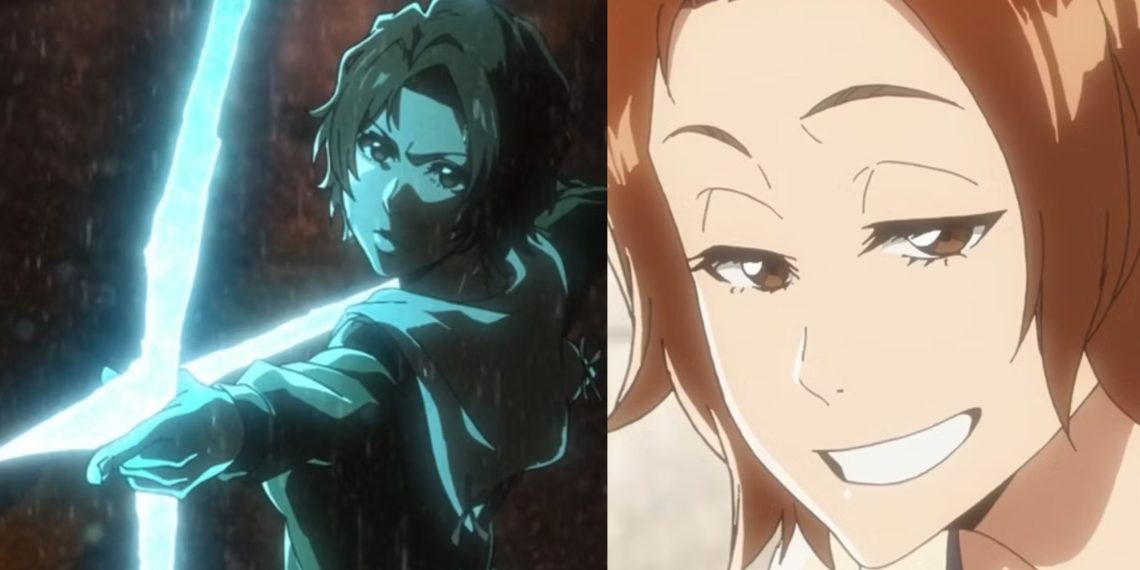In the expansive universe of “Bleach’, it’s clear that women play a pivotal role in shaping the story’s direction.
While characters like Sosuke Aizen and Kisuke Urahara might weave intricate plots behind the scenes, the true driving force of the narrative is often the actions of the female characters.
It all begins with Rukia Kuchiki her sudden appearance through Ichigo Kurosaki’s window and the subsequent sacrifice she makes are the catalysts that transform Ichigo into a Soul Reaper.
This moment not only sets the story in motion but also introduces a recurring theme: the profound impact women have on Ichigo’s life.
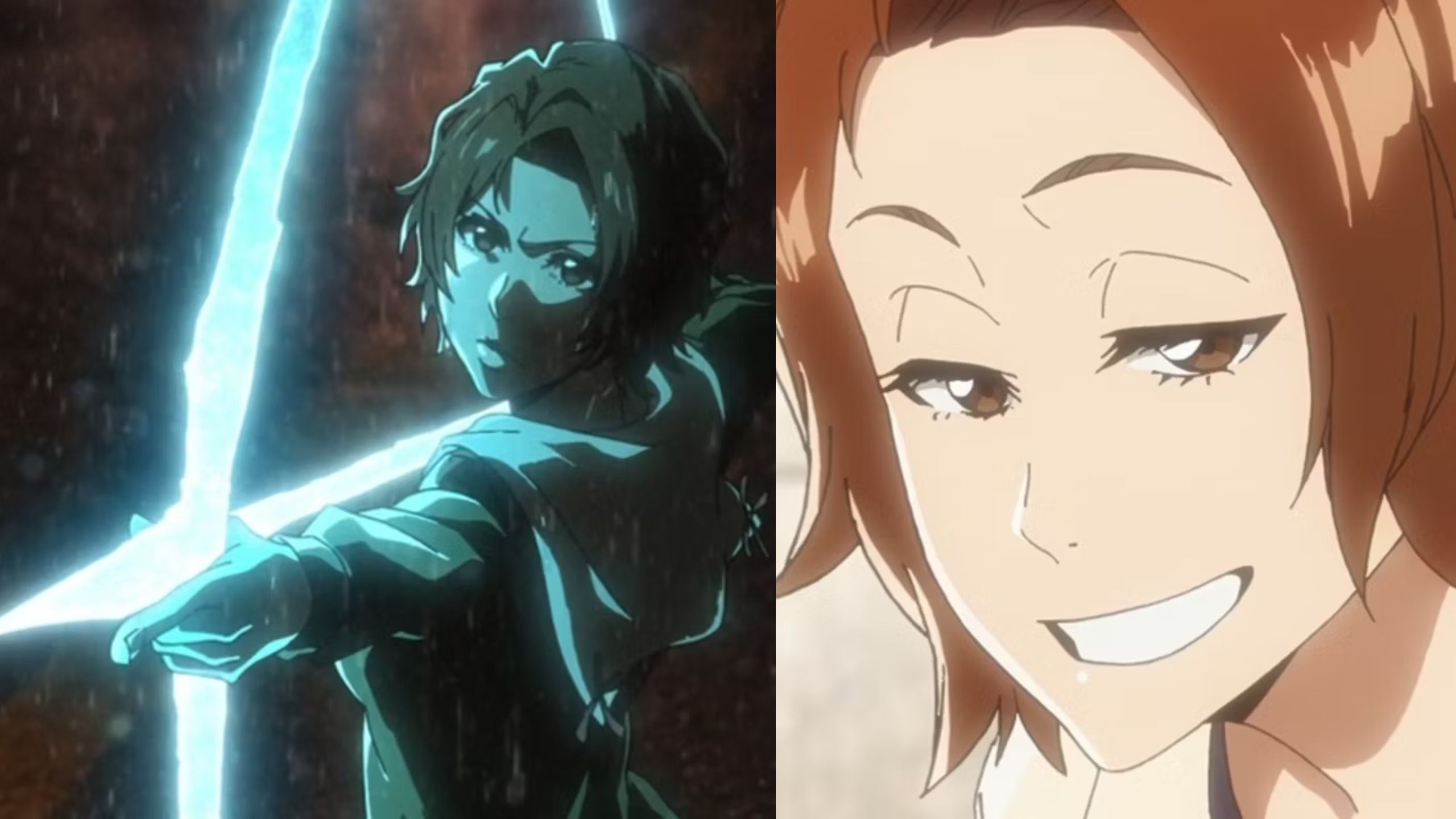
Ichigo’s journey into Hueco Mundo, for instance, is triggered by Orihime Inoue’s decision to allow Ulquiorra to take her to Las Noches.
On a more meta level, Rukia’s significance extends beyond the narrative she was, after all, the first character that Tite Kubo ever drew for “Bleach”.
This focus on female influence is a thread that runs deep through the series, and no one embodies this more than Ichigo’s mother, Masaki Kurosaki.
Masaki’s presence is not only a shaping force in Ichigo’s life but also a constant, albeit subtle, influence on his actions and motivations.
From a very young age, Ichigo’s primary desire was to make his mother happy and protect his sisters.
Masaki Kurosaki’s influence on Ichigo is profound and lasting, shaping him into the person he becomes, even long after her tragic death.
The Unseen Force: Masaki Kurosaki’s Enduring Influence
Masaki Kurosaki might have died when Ichigo was just a child, but her impact on his life and the story of “Bleach” is undeniable.
Ichigo’s life, in many ways, is a reflection of his mother’s love and the principles she instilled in him.
His name, “Ichigo,” which uses the kanji for “first protector,” is a testament to the role he has always seen himself in the protector of his family.
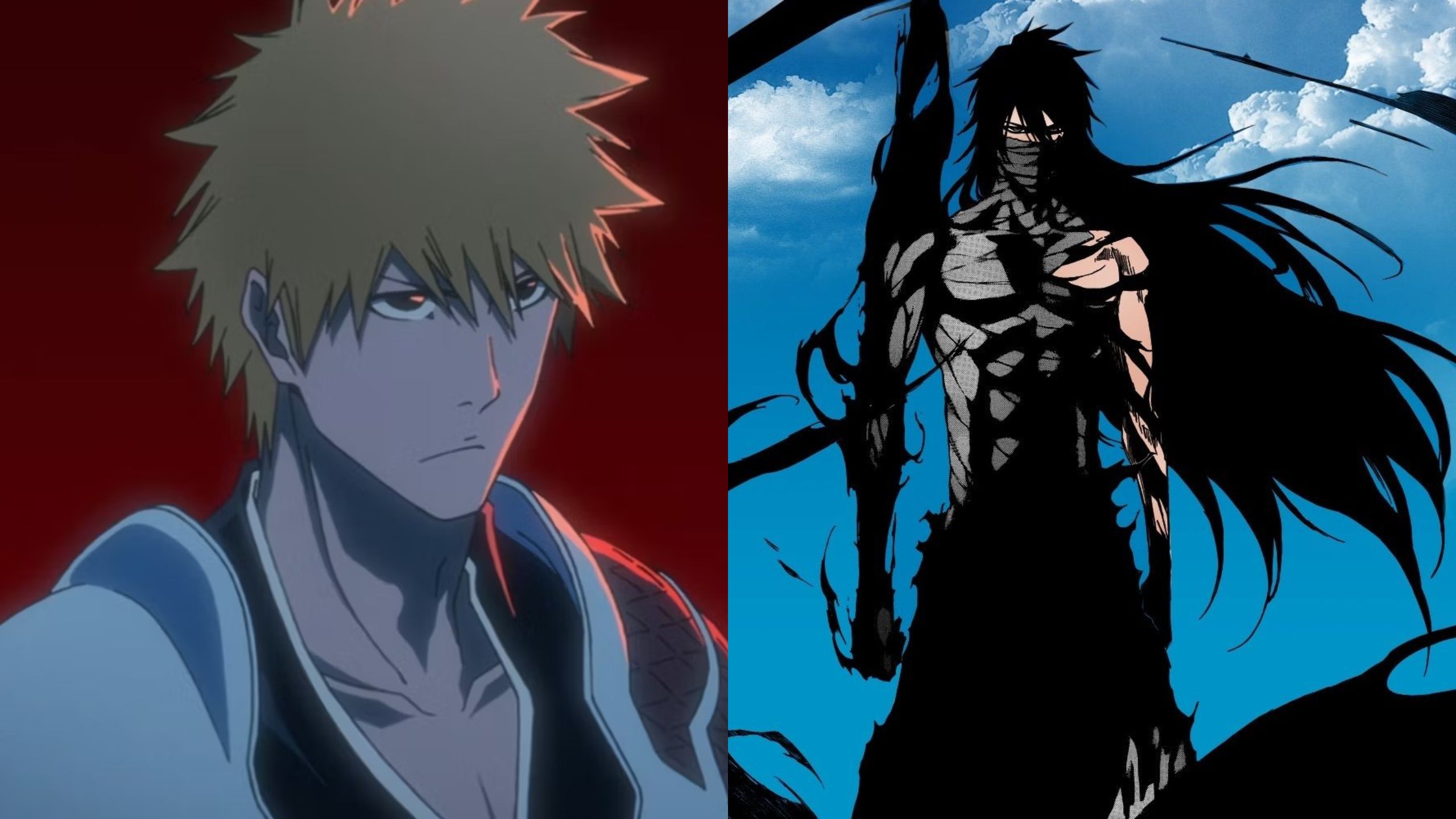
From his earliest years, Ichigo was a gentle and carefree child. He wasn’t particularly strong; in fact, he often lost his karate matches and cried every time.
But even then, his determination was evident. Ichigo stuck with karate, not because he was particularly good at it, but because he wanted to protect his mother.
His desire to shield those he loved was always his primary motivation, a trait that would define his actions throughout his life.
However, this gentle determination was put to the ultimate test when the Hollow known as Grand Fisher attacked.
On that fateful day, Masaki sacrificed herself to save her son, and in doing so, changed the course of Ichigo’s life forever.
The loss of his mother was a devastating blow, one that left Ichigo consumed with guilt and grief.
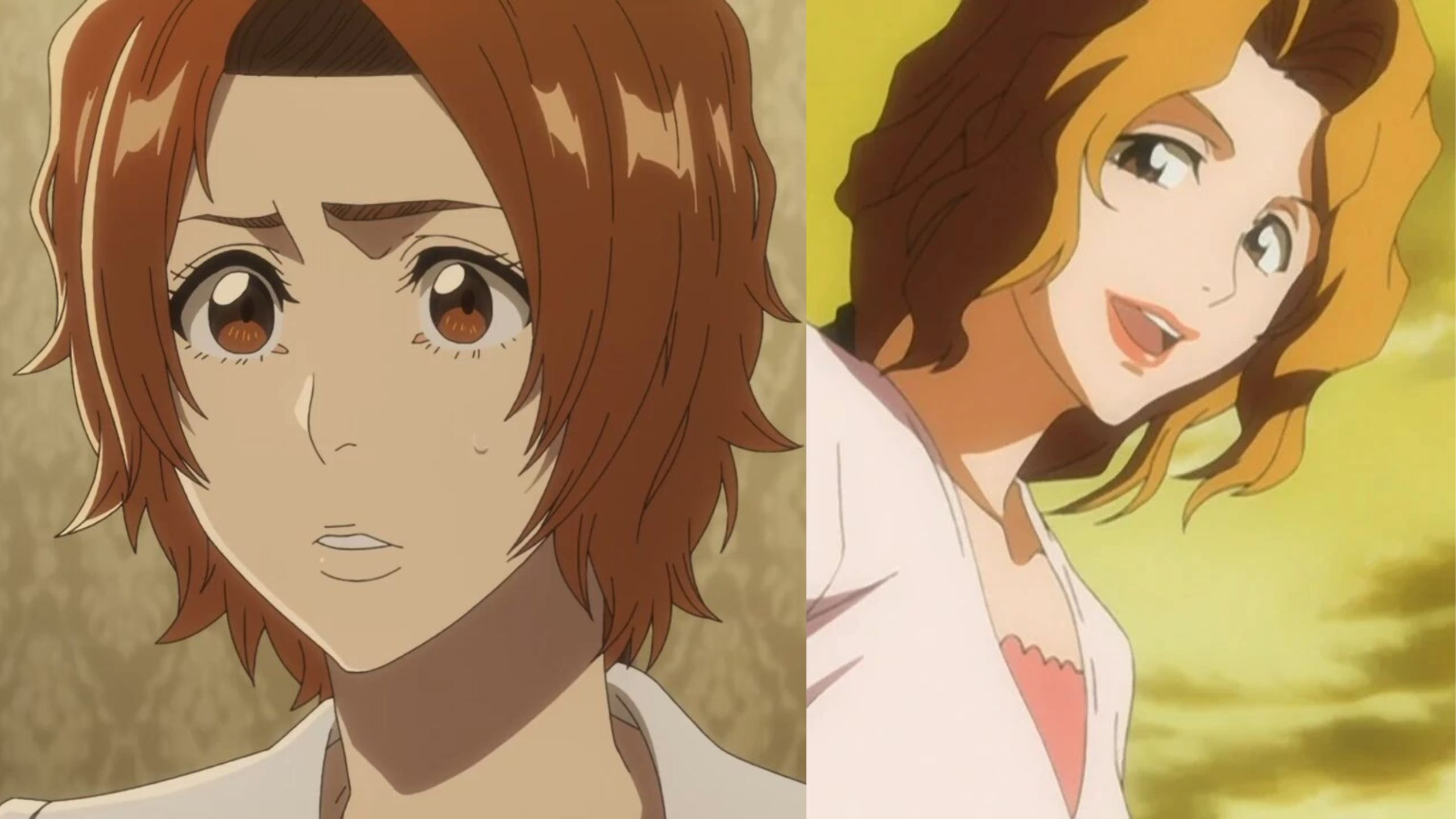
From that moment on, his inner world was plagued by a constant rain, symbolizing the perpetual sadness and turmoil he felt.
The Transformation: Grief and Guilt as Catalysts for Growth
The death of Masaki Kurosaki marked a turning point in Ichigo’s life. The carefree, smiling boy was replaced by a determined, often scowling young man.
The guilt of his mother’s death weighed heavily on Ichigo, driving him to become stronger, not just for himself, but for his sisters.
This newfound resolve led him to hone his ability to see ghosts and, eventually, to take on the role of a Substitute Soul Reaper.
Without Masaki’s death, it’s unlikely that Ichigo would have ever gained Rukia’s powers in the first place. The pain and guilt he carried with him pushed him to protect those around him, often at great personal cost.
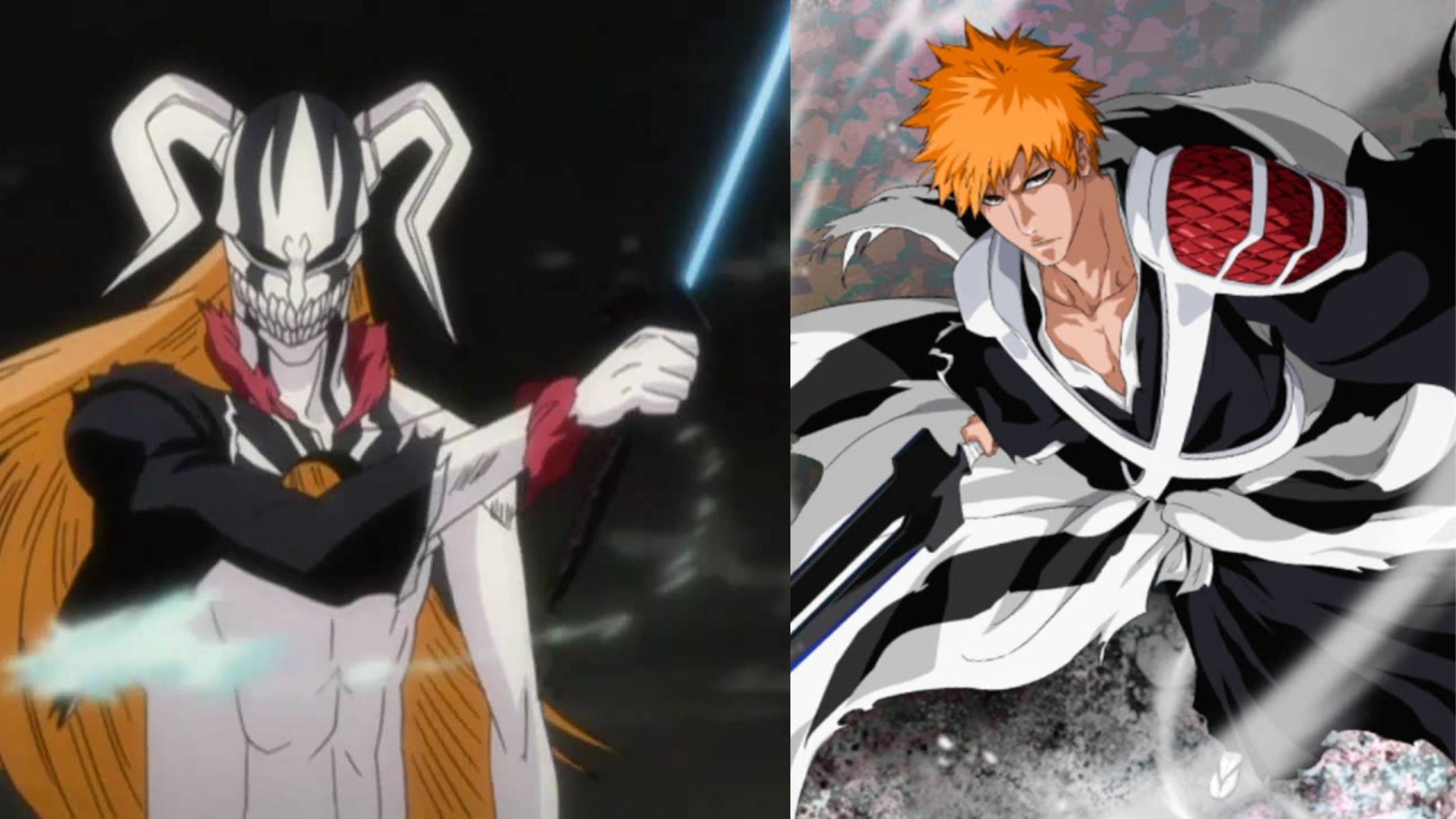
Yet, despite the anger and sadness that became a part of his everyday life, Ichigo never lost his sense of right and wrong.
He remained a fundamentally good person, someone who was always willing to put himself in harm’s way for the sake of others.
Ichigo Kurosaki: A Hero Without a Goal
Unlike many shōnen protagonists, Ichigo Kurosaki is not driven by a clear, overarching goal. He doesn’t dream of becoming the strongest fighter or the best Soul Reaper.
Instead, Ichigo’s motivations are much simpler: he just wants to live his life peacefully and protect his family and friends.
This lack of a concrete goal often makes Ichigo a somewhat passive character. Rather than seeking out conflict, he tends to be drawn into it, often because someone he cares about is in danger.
This passivity is a stark contrast to many of the characters around him, who are often driven by ambition or revenge.

For Ichigo, the primary motivation is always the protection of others. He only steps into danger when someone he loves is threatened, and this is a pattern that repeats throughout the series.
However, this dynamic shifts in the second part of the Thousand-Year Blood War arc. Previously, Ichigo’s battles were driven by a need to defend himself or others from immediate threats.
Yhwach, the primary antagonist of this arc, certainly poses a significant threat to Ichigo’s life and the lives of those he cares about.
But this time, Ichigo’s motivation to fight goes beyond mere survival or protection.
A Personal Vendetta: The Revelation of Masaki’s True Fate
The Thousand-Year Blood War arc introduces a new layer to Ichigo’s motivation one that is deeply personal.
In “Bleach: Thousand-Year Blood War Part 1, Episode 12 “EVERYTHING BUT THE RAIN ‘June Truth’””, a shocking revelation comes to light: Masaki Kurosaki’s death was not merely a tragic accident, but the result of Yhwach’s interference.
Masaki was a powerful Quincy, strong enough to defeat Grand Fisher, the Hollow that ultimately led to her death.
However, she only died because Yhwach, the leader of the Quincy, pulled her powers out of her.
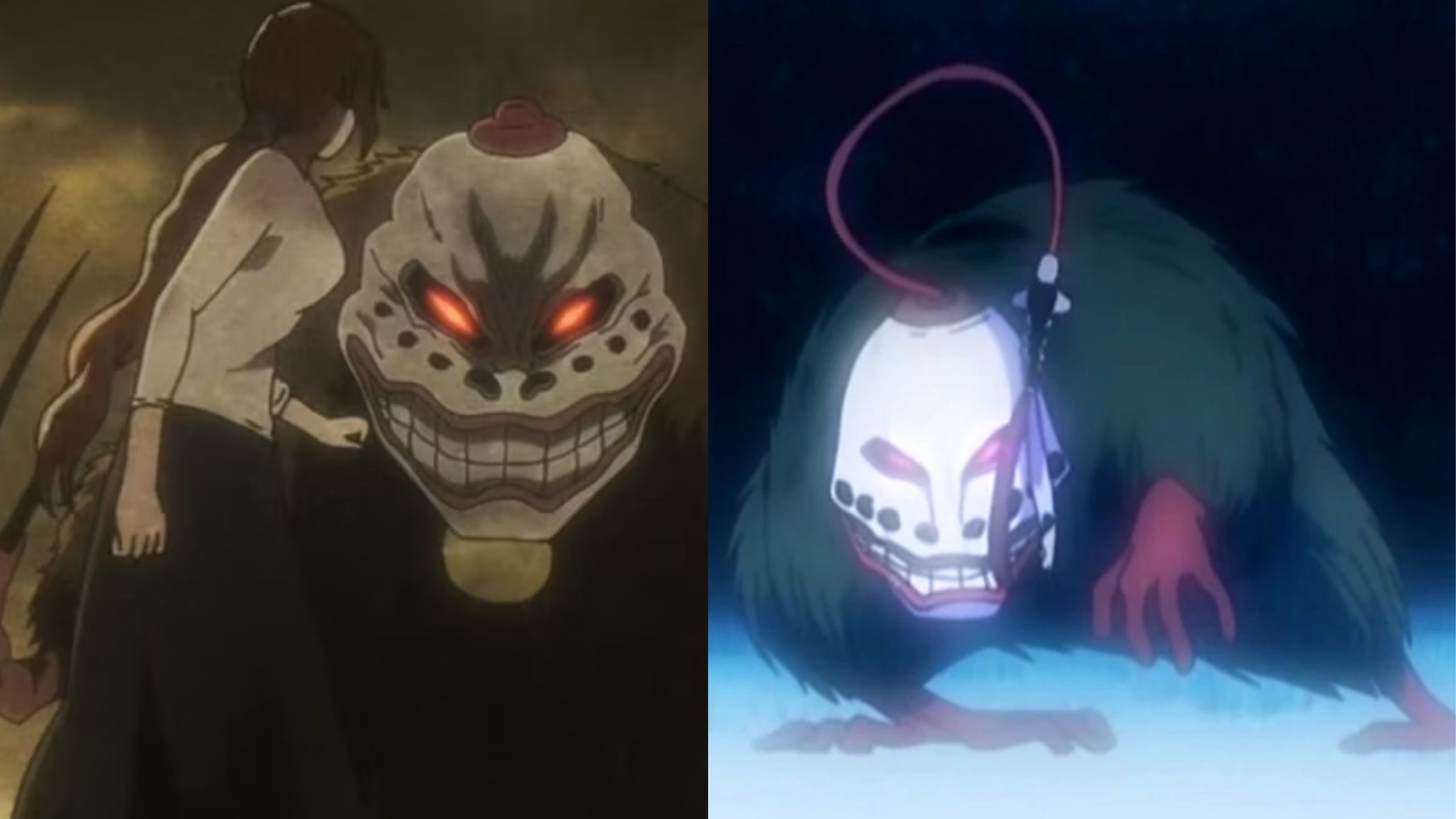
This revelation fundamentally changes Ichigo’s understanding of his mother’s death and, by extension, his own motivations.
The grief and guilt that have driven him for so long are now compounded by a burning desire for revenge.
This new knowledge doesn’t just give Ichigo a more personal stake in the battle against Yhwach it also reignites his determination to fight.
For the first time, Ichigo has a clear goal: to avenge his mother’s death and ensure that no one else suffers the same fate at Yhwach’s hands.
This personal vendetta gives Ichigo a renewed sense of purpose and drives him to push himself further than ever before.
The Legacy of Masaki Kurosaki: Strength and Heritage
One of the most intriguing aspects of Ichigo’s character is the various array of powers he possesses, each stemming from a different part of his heritage.
Ichigo’s Soul Reaper powers were initially borrowed from Rukia, but he developed his own after Urahara cut his Chain of Fate.
His Visored status, which grants him Hollow-like abilities, is the result of an attack on his mother by a Hollow while she was pregnant with him.
This same event also gave Ichigo his Fullbringer abilities, which stem from the Hollow energy that was passed on to him.
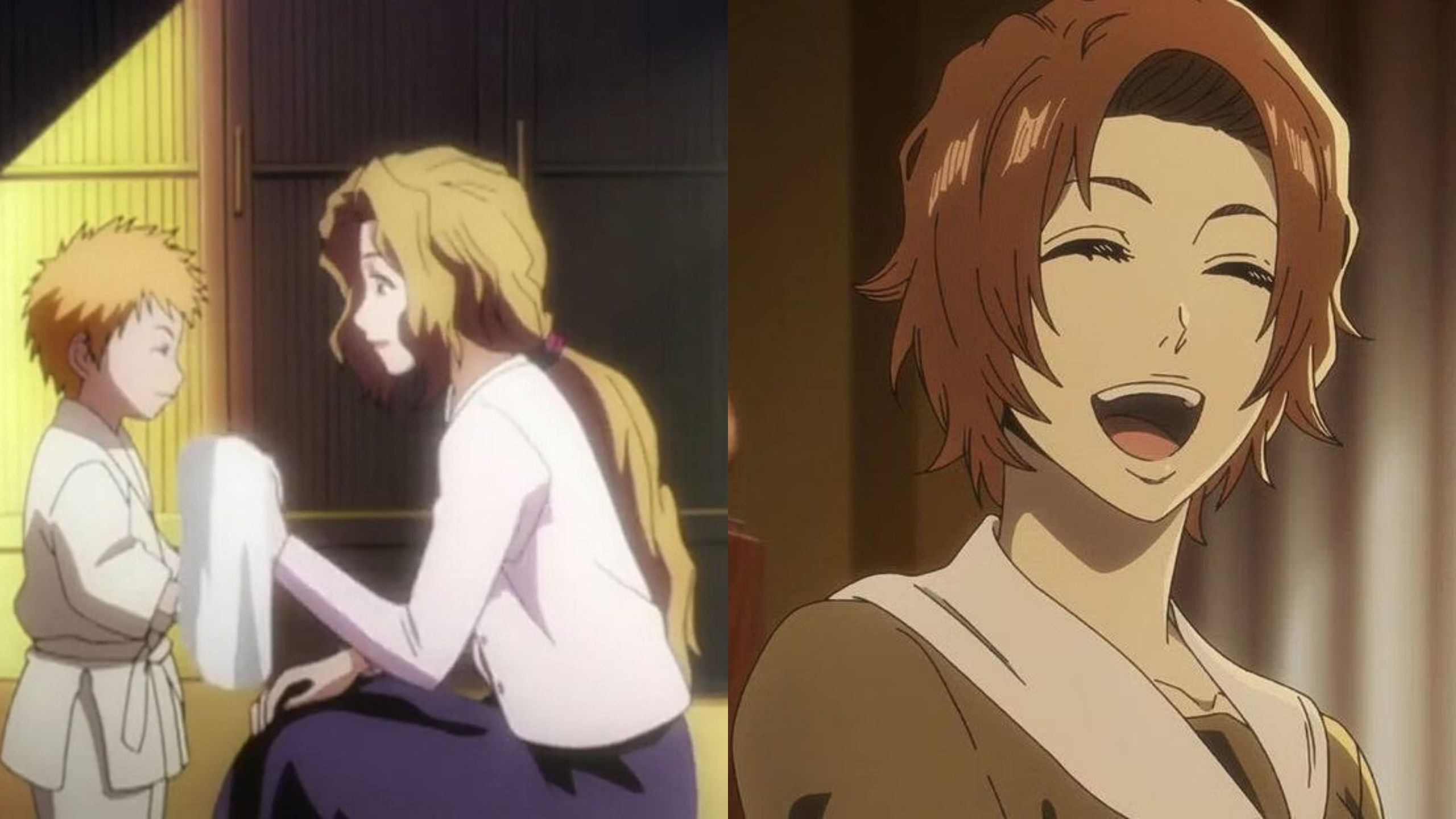
But perhaps the most significant aspect of Ichigo’s powers is his Quincy heritage, which he inherits from Masaki.
Masaki was a strong Quincy, capable of holding her own against powerful Hollows. Regular Hollows posed no threat to her, and she had mastered her abilities to a degree that made her a formidable opponent.
Her death was not due to any lack of skill or strength on her part, but rather the result of Yhwach’s intervention.
This revelation opens up a new path for Ichigo. For the first time, he has the opportunity to truly connect with his Quincy heritage and, in doing so, connect with his mother in a way he never could before.
By mastering the Quincy abilities that Masaki once wielded, Ichigo can honor her memory and carry on her legacy.
This connection to his mother’s past gives Ichigo the strength and resolve he needs to face the challenges ahead.
The Final Arc: A Mother’s Influence in Every Battle
As the “Bleach” series moves towards its ending, Masaki Kurosaki’s influence on Ichigo becomes more apparent than ever.
Ichigo’s journey, which began with the loss of his mother, is now coming full circle as he prepares to face Yhwach in the final battle.
This confrontation is not just a fight for survival or to protect his loved ones it is a deeply personal quest for justice and closure.
Throughout the series, Masaki has been the guiding force behind Ichigo’s actions, even if he wasn’t always aware of it.
Her love and the values she instilled in him have shaped him into the person he is today a protector, a fighter, and, above all, a son who wants to honor his mother’s memory.
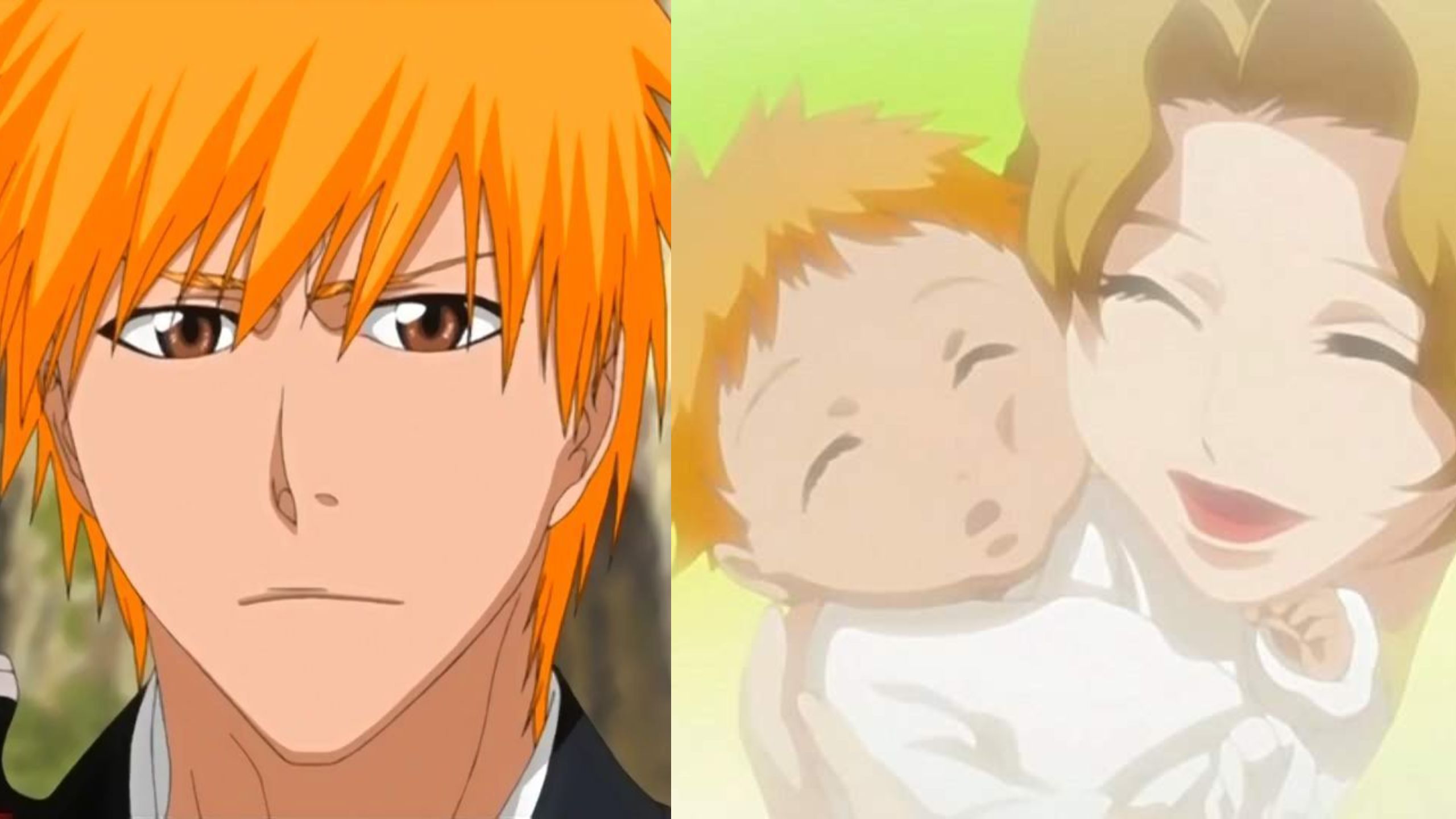
The final arc of “Bleach” is, in many ways, the culmination of Masaki’s influence on the story and on Ichigo’s character.
In the battle against Yhwach, Ichigo isn’t just fighting as a Soul Reaper or a Quincy he’s fighting as Masaki Kurosaki’s son.
This fight is the most personal one he’s ever faced, and it’s a battle that will ultimately determine the fate of both the Soul Society and the human world.
But for Ichigo, it’s also a chance to finally put his mother’s soul to rest and find peace for himself.
Masaki Kurosaki, The Heart of Bleach’s Story
From the very beginning, Masaki Kurosaki has been the heart of *Bleach’s* story. Her love, sacrifice, and strength have shaped Ichigo’s journey in ways that are only fully realized in
the Thousand-Year Blood War arc. While many characters have influenced Ichigo’s development, it is Masaki’s presence both in life and in deaththat has had the most profound impact on him.
As Ichigo prepares to face Yhwach in the final battle, he does so with the knowledge that his mother’s legacy is finally within reach.
By mastering the Quincy abilities she once wielded, Ichigo can connect with her memory in a new way and carry her strength with him into battle.
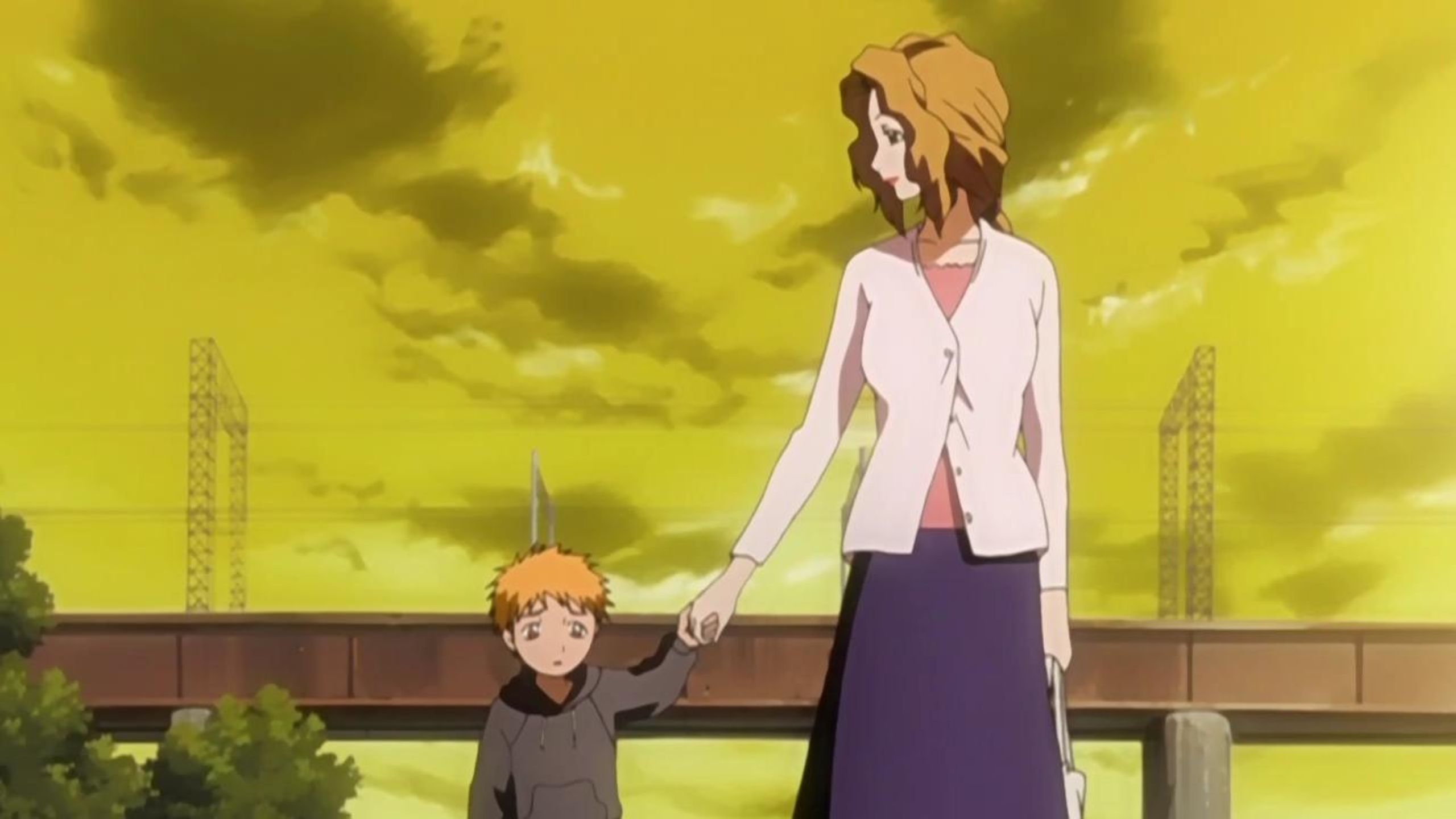
This final confrontation is not just about defeating a powerful enemy it’s about honoring the woman who has been the driving force behind Ichigo’s actions from the very beginning.
Masaki Kurosaki’s influence on “Bleach” is a testament to the enduring power of a mother’s love.
Even in death, she continues to guide and inspire Ichigo, pushing him to become the hero he was always meant to be.
As the series reaches its ending, it’s clear that Masaki’s story is not just a part of “Bleach” it is the foundation upon which the entire narrative is built.


